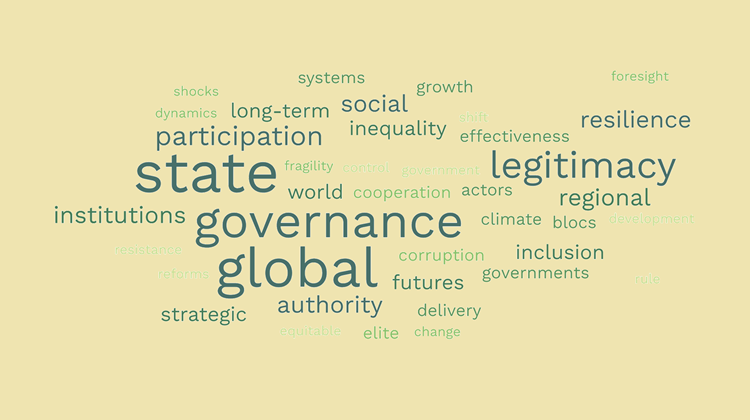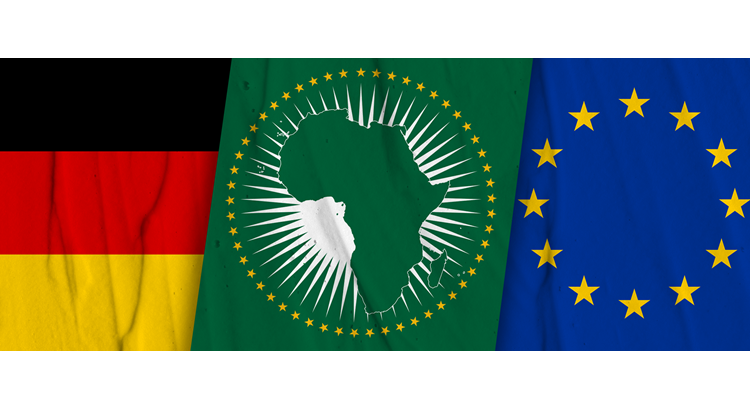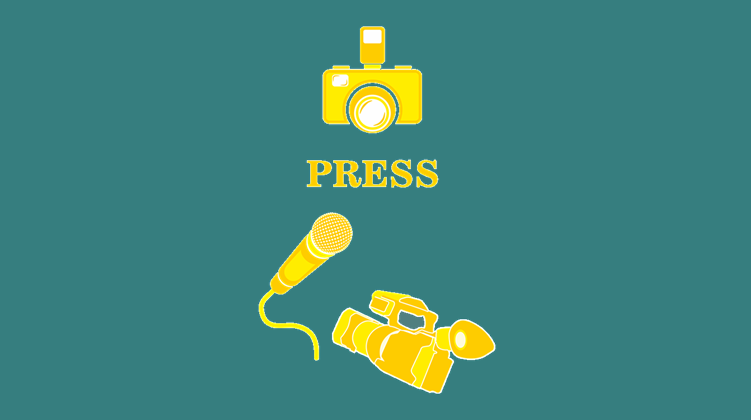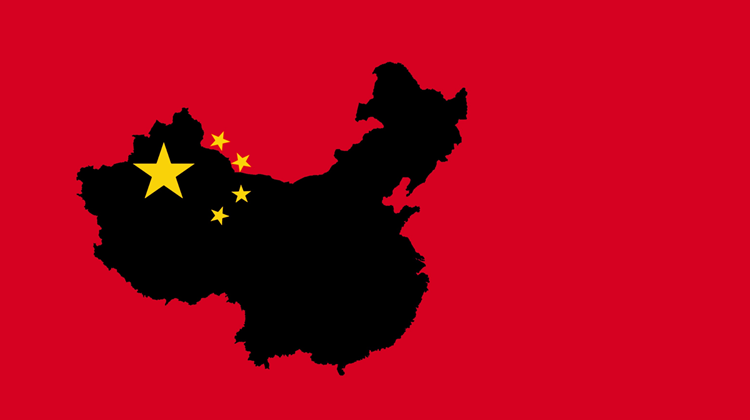The dilemma of foreign security assistance in Africa
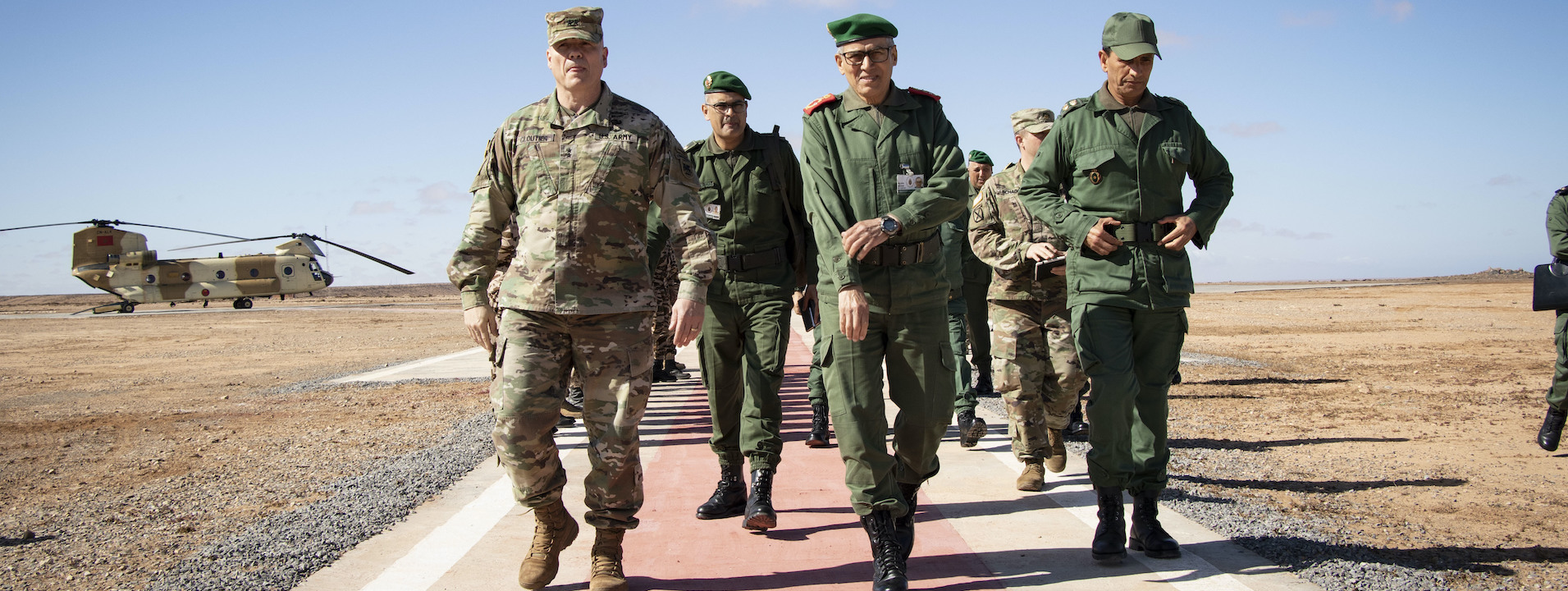
African nations require foreign security aid — but this can distract from what’s needed for long-term stability.
Nations across Africa face a future full of security challenges. The 2023 Ibrahim Index of African Governance, released in January, suggests that more than two-thirds of Africa’s 1.4 billion people have witnessed their country’s stability decline since 2011. Terrorist attacks in Sub-Saharan Africa alone have doubled since 2016, with the region home to 48% of all global terrorism deaths in 2021, on top of an escalating number of ethnic clashes, inter-communal disputes and armed banditry. This is despite African governments now collectively spending in excess of US$20 billion per year on their military capabilities.
Causes stem mostly from a vicious cycle wherein a rise in acute poverty and political repression have led to a surge in radicalisation and violent extremism, provoking, at times, brutal state responses. Add in growing uncertainty around humanitarian and development aid and the devastating effects that accelerating climate breakdown is having on livelihoods, displacement and resource competition, and Africa is poised for a new era of protracted volatility.
Decades after achieving independence, Africa’s nations would ideally by now possess the means and motivation to meet their security requirements. But years of excessive borrowing, compounded by the economic shock of the pandemic and now elevated interest rates, have left many African states in financial distress — epitomised by Ghana’s default on its debt payments in December. Numerous countries are also governed by leaders fixated on antidemocratic means to cling to power rather than meeting the basic needs of their people.
Foreign security assistance — be it weapons transfers, tactical and communications gear, aerial support, intelligence sharing, or joint special forces operations — will remain vital for Africa for some time. However, rather than contributing to peacebuilding, far too often, this serves as a militarised distraction from the difficult and prosaic work of resolving complex issues at the root of conflicts.
Mutually beneficial agreements with wealthy countries should be devised to reduce African militaries’ involvement in commercial activities
As demonstrated by coups in Burkina Faso and Mali since 2020, led by officers that benefitted from elite levels of instruction by the US military, foreign training can embolden bad actors to oust democratically elected leaders. Although these outcomes are the exception and not the norm, in their own way, they underscore the need for greater accountability within African security forces.
Since the end of the Cold War, and especially after the creation of the US military’s Africa Command (AFRICOM) in 2008, Western nations have taken the lead in attempting to professionalise Africa’s soldiers. This includes the Pentagon’s International Military Education & Training (IMET) programme, which trains hundreds of African military officers each year, and the Africa-centric Global Peace Operations Initiative, which has helped train tens of thousands of peacekeepers since 2005.
Large-scale, multilateral training exercises involving African, American and European troops are conducted annually under the aegis of AFRICOM as well. The United States is also now mulling whether to support a new France-backed regional West Africa counterterrorism academy in Côte d’Ivoire; former colonial power France and its European allies have waged a contentious counterterrorism campaign in the Sahel since 2013.
These and other Western programmes have collectively provided billions of dollars worth of support to African armies and law enforcement agents under the broad umbrella of security assistance. But results have been mixed. Virulent insurgencies in the Sahel, sectarian strife in the Horn of Africa and piracy along shipping routes in the nearby Indian Ocean and Gulf of Guinea would almost certainly be worse in the absence of past and present Western military aid. Yet it’s becoming clear these efforts are exhausting their potential for achieving long-term stability for several reasons.
Several African regimes, backed by popular support, have started evicting Western forces from their territory
Uniliteral military actions by the West on African soil have tarnished the credibility of Western promises to act collaboratively with local stakeholders. For example, the legacy of NATO’s decision in 2011 to support Libyan rebels, including known Islamist militant groups, in overthrowing long-time dictator Muammar Gaddafi —— still haunts the region. This was despite being warned by African voices and Western intelligence agencies that Libya could spiral into a failed state. More recently, clandestine drone strikes and air raids against terror groups in Mali, Nigeria and Somalia have killed many innocent civilians, enhancing insurgents’ recruitment campaigns.
Western governments that profess to champion liberal democratic values and human rights continue to enable autocratic allies to strengthen their regressive grip on society in places like Cameroon, Chad, Egypt, Equatorial Guinea, Uganda and elsewhere. This is despite a new report from the United Nations Development Programme released in February indicating the main driver of radicalisation is economic deprivation paired with human rights abuses by state security forces. Analysts, civil society groups, researchers and human rights organisations have been saying this for years.
African populations in fragile locations are becoming understandably angry and disillusioned with how Western involvements have routinely failed to alleviate the main factors contributing to their insecurity. Cumbersome UN peacekeeping missions also increasingly seem incapable of much beyond temporarily cooling temperatures in violent hotspots.
As a result — and as extremist groups become more adept at exploiting local grievances and economic hardships to bolster their staying power — several African regimes, backed by popular support, have started evicting Western forces from their territory.
Clandestine drone strikes and air raids against terror groups in Mali, Nigeria and Somalia have killed many innocent civilians
To fill the void, some governments are embracing illiberal state actors like Turkey and the United Arab Emirates. Others are emulating Mali, the Central African Republic (CAR) and Sudan in drifting further into Russia’s orbit by enlisting the services of Russian mercenaries from the Wagner Group after extensive online propaganda campaigns have helped shape public opinion in favour of their deployment. As of mid-2022, American intelligence estimated there were upwards of 5,000 Wagner personnel in Africa, reportedly spread over a dozen different countries.
This is producing a whole new set of problems. Not least in how private military companies, which have a long, troubled history in Africa, profit off instability while operating with impunity based on their existence outside of traditional military and criminal justice structures.
Indeed, the Wagner Group’s growing footprint on the continent is already leading to an uptick in civilian casualties. Data from the Armed Conflict Location & Event Data Project shows that civilian targeting has accounted for more than half of the Wagner Group’s engagements in both CAR and Mali. The mercenaries’ presence is also enmeshing Russian interests into domestic politics and harming local economies in the resource-rich nations where they operate, subverting democratic progress.
Africa’s experience with foreign military aid demonstrates that the absence of conflict is only partly achieved by professionalising state security forces and equipping them for counterterrorism purposes, no matter how important those goals may be.
Technically, what Africa needs is not greater military forces, but more capable gendarmerie and border agencies
To truly deliver long-term stability, Africa’s leaders and foreign benefactors must instead act in recognition of how stability requires more than achieving a monopoly on violence. It rests as much, if not more, on sustaining the political will to implement and uphold good governance, diplomacy and power-sharing agreements. Likewise, the protection and encouragement of civil society organisations, women empowerment, religious pluralism and supporting local grassroots economic development so that youth are less vulnerable to recruitment by armed militias and criminals.
Foreign benefactors could be doing more to help finance and coordinate homegrown African security initiatives. And, technically, what Africa needs is not greater military forces, but more capable gendarmerie and border agencies. Militaries in general are designed for defence against external threats, yet the essential security challenges for Africa are of an insurgent and terrorist variety, meaning appropriate responses should come foremost from police and other related agencies. The tendency for governments to revert to military action by default is another legacy of colonial models adopted in Africa that are ill-suited for the continent’s contemporary needs.
Those in the West — which still wield control over most of the world’s financial infrastructure — could be supplying added forensic financial expertise and technical support to crack down on money laundering and illicit money flows that fund insurgent groups. Independent media can help hold foreign forces and host governments accountable by publishing information on human rights abuses and the misallocation of resources.
Related to this is advising on ways to root out corruption within African security forces. Mutually beneficial agreements with wealthy countries should be devised to reduce African militaries’ involvement in commercial activities — a situation which ends up cannibalising public resources and squandering a nation’s development potential for the sake of preserving patronage and power-sharing networks among military and political elites.
African citizens would also be better served if their parliaments made oversight of national security budgets more transparent. A huge problem throughout Africa is the reflexive instinct of lawmakers and security officials to insist on shrouding everything in secrecy.
Until these things happen, foreign military aid to Africa will be mired in a dilemma of it being a necessary but ultimately insufficient solution to silencing the guns.
Image: US Africa Command/Flickr

